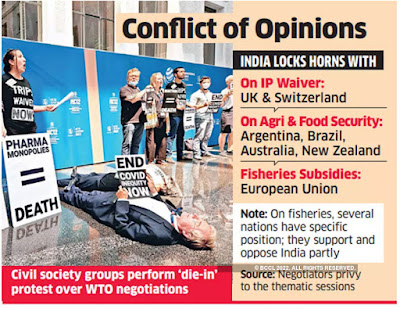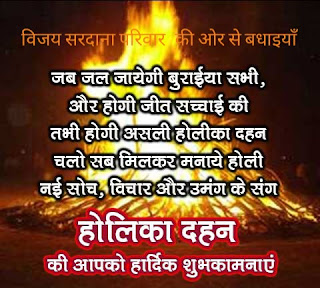How Groomed “Agniveer” can boost “Make in India” and “Skill India” agenda with focus on “Zero defect and Zero effect” Manufacturing?

How Groomed 'Agniveer' can boost the “Make in India” and “Skill India” agenda with a focus on “Zero defect and Zero effect” Manufacturing? By: Vijay SARDANA Techno-legal Expert & Advocate Supreme Court of India After 4 years of training, “Agniveer” will be ideally suitable to strengthen “Make in India” India is on the way to becoming USD 5 trillion economy. Huge investment is required, but there is a shortage of skilled and disciplined workforce. One of the major constraints in achieving manufacturing excellence in India, which is hurting the Make in India mission is the lack of a competent workforce who can function as a strong bridge between the manufacturing shop floor and management of the business. Lack of Supervisors who can understand the role of quality and efficacy in the manufacturing process. Inadequate quality, poor service standards, poor productivity, and delayed delivery are serious issues hurting the Make in India Mission. Agniveer can fill this gap, if


